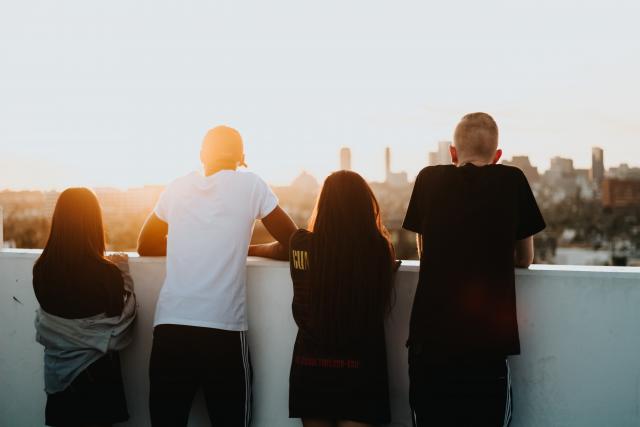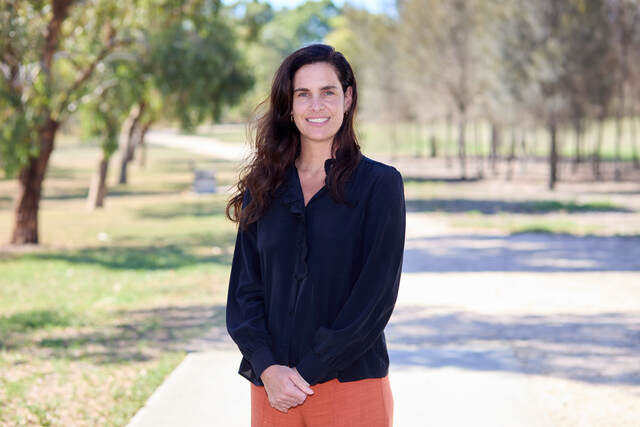An alarming 60 per cent of young people experience social exclusion, which is a key determinant of poor mental health, according to a newly released study by Orygen and Mission Australia.
Orygen is a youth-focused mental health organisation that provide specialist mental health services for young people aged 15 to 25 who reside in the western and north-western regions of metropolitan Melbourne, including through headspace Sunshine.
The 2022 Mission Australia Youth Survey found that of the 18,800 people aged 15-19 surveyed, 60 percent had experienced social exclusion in the last 12 months and these people showed significantly poorer mental health and wellbeing scores compared to their peers who were not socially excluded.
‘Social exclusion’ refers to a lack of available resources and opportunities needed to participate in society in a meaningful way, and is divided into relational difficulties, financial hardships, housing challenges and edu-employment issues.
Orygen senior research fellow and report co-author Dr Kate Filia said experiences such as loneliness can have lasting effects on things like academic achievement, cognitive functioning, physical health, social functioning and mental health, and the impacts can last a lifetime.
“To prevent this, we need to get better at identifying and addressing social exclusion at an early stage, and the action cannot be piecemeal – it requires the full engagement of individuals, communities, educators, governments and service providers,” she said.
The survey also found 25 per cent of young people experienced social exclusion in multiple domains, young people who identified as gender diverse, Indigenous, living in lower socioeconomic areas, regional or remote areas, or who reported speaking a language other than English were excluded more often across the domains and edu-employment issues was the domain in which social exclusion was most commonly experienced at 39 per cent.
Young people who reported going through any of the four domains of social exclusion reported high psychological distress at more than double the rate of their peers.
The survey results and study have prompted Orygen and Mission Australia to recommend seven key actions to address the issue – investing in in enhanced social connections, funding a trial of the F-SIM16 social exclusion measurement tool, addressing financial barriers to mental health, a national trial of a social prescribing approach for young people experiencing mental ill-health, develop support resources, address the impact of housing exclusion on young people and support young people’s engagement in education.







